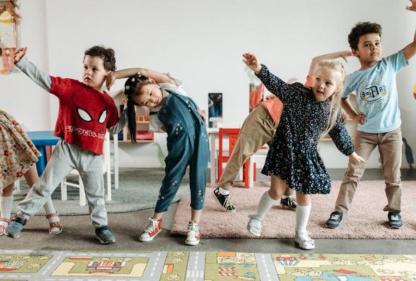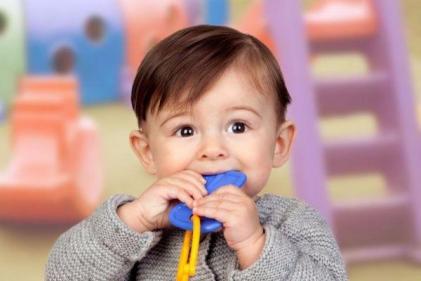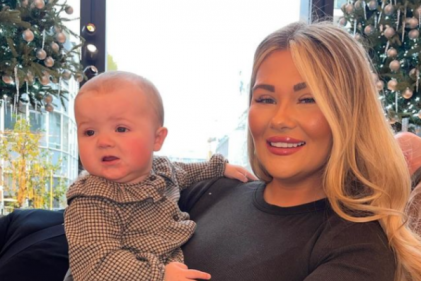By the time your child is three or four years old, he or she is old enough to realise that people who live on the street are different – however, he or she may not understand why just yet.
Once your child does start asking questions, your answers, as well as your attitude, will determine what kind of attitude your child has towards the poor as he or she grows up.
The first thing you need to do is decide how you feel about homeless people and the poor. Do you feel sorry for them, or are you more annoyed? Would you like your child to avoid them altogether, or do you think you and your family could help? Remember to be honest – even if you tell your child one thing, your attitude and your body language will tell your child the truth, so there’s no point in lying about it.
Once your child does start asking questions, your answers, as well as your attitude, will determine what kind of attitude your child has towards the poor as he or she grows up.
The first thing you need to do is decide how you feel about homeless people and the poor. Do you feel sorry for them, or are you more annoyed? Would you like your child to avoid them altogether, or do you think you and your family could help? Remember to be honest – even if you tell your child one thing, your attitude and your body language will tell your child the truth, so there’s no point in lying about it.
Whether you help out by volunteering, buy homeless people food on occasion, or do nothing, you need to know how to explain that to your child. If you’re volunteering, you could explain that there are people out there who have very little, and that you believe you should help. If you like to help, but offer food instead of cash, tell your child that, and even if you don’t help at all, or just make the occasional donation, tell your child that there are places out there that can help homeless and poor people.
Your child may ask you about a homeless person pushing a shopping trolley. Explain that that person doesn’t have somewhere to live, and that he or she needs somewhere to keep his or her belongings. Explain that even some children don’t have all the things your child does, and that most people don’t choose to be poor – it just happens.
Try to encourage your child to imagine how it would feel if he or she didn’t have a home to live in, or clean clothes to wear. That can help children to make the distinction between people who choose to be dirty, for instance, and those who are because they are poor, and cannot afford any different.
Your child may start to worry that he or she could end up like those poor people. Instead of brushing it off by saying it would never happen, come up with a realistic plan – whether it’s moving to a smaller home, or in with a family member.
It’s important that your child realises that even if homeless people sometimes look different, and act strange, they’re still people.












